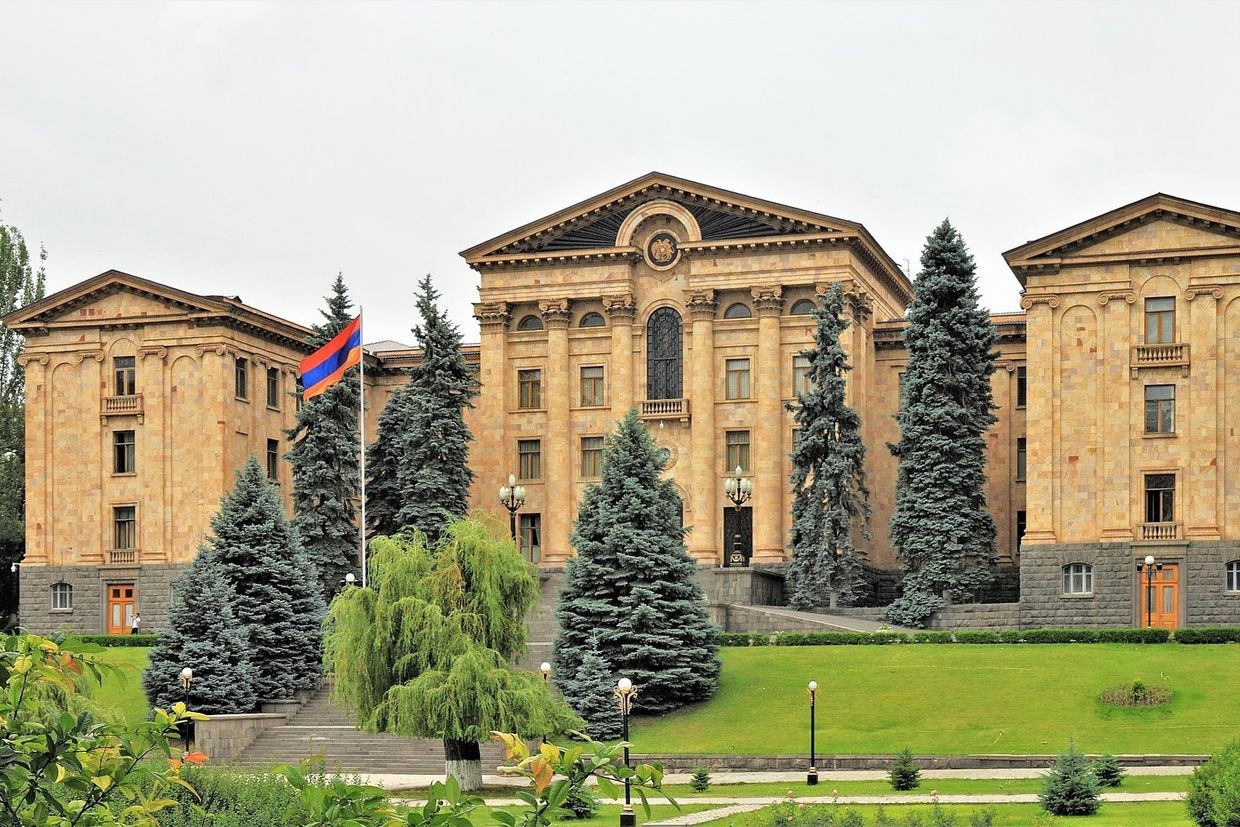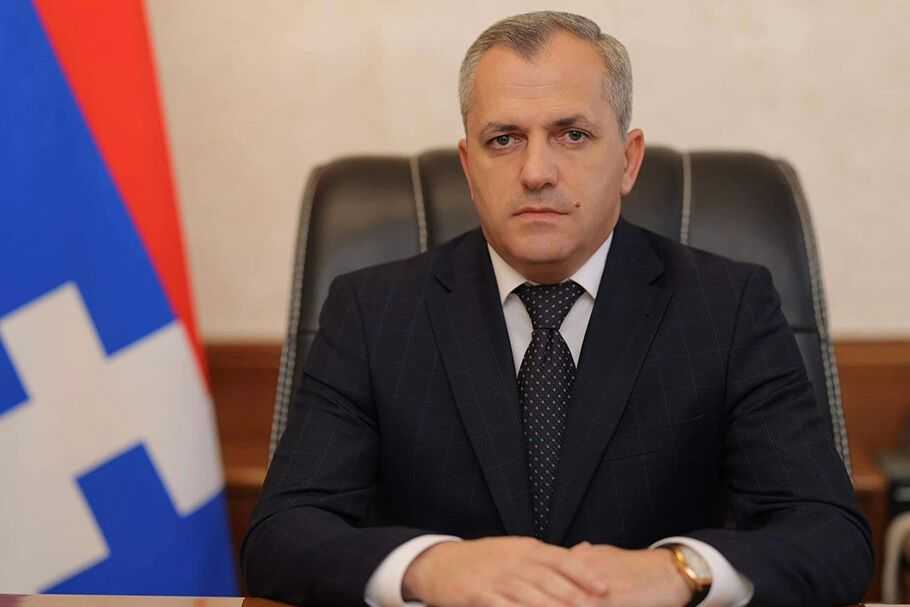
Armenia’s government plans to introduce a universal cashback programme in 2026, allowing citizens to receive 2% refunds on non-cash transactions, Prime Minister Nikol Pashinyan announced during budget hearings in parliament on Sunday.
The initiative, which will be implemented through the ArCa payment system, is aimed at encouraging cashless payments and boosting transparency in consumer spending. According to Finance Minister Vahe Hovhannisyan, all ArCa cardholders — regardless of their bank — will qualify for the cashback, except in the gambling sector.
Pensioners will continue to receive larger refunds, with the rate rising from 12% to 20% and the monthly cap increased from ֏6,000 ($15) to ֏10,000 ($25).
‘This means that all citizens will get a certain percentage back from their non-cash purchases’, Pashinyan told MPs, calling it a measure to ‘reward honest and traceable economic behaviour’.
The cashback scheme builds on the government’s earlier programme for pensioners, launched in 2022 and gradually expanded over the past two years. Officials said the policy is intended not only to incentivise cashless transactions but also to help citizens cope with inflation and household expenses ahead of the 2026 parliamentary elections.
During the same budget session, Pashinyan acknowledged that despite continued economic growth, poverty remains stubbornly high. ‘We are showing strong economic figures and large money circulation, but we don’t see a significant drop in poverty’, he said, blaming the problem on ‘ruined schools’ and the poor state of education inherited from previous administrations.
According to official data, 23.6% of Armenians live below the poverty line — nearly unchanged from the previous year. Over 30,000 people remain severely deprived, unable to afford basic food, while many others rely on small pensions or social benefits.
The draft 2026 budget, discussed in parliament this week, outlines $9.5 billion in total expenditures — around 5% more than this year. The largest share, about $2.6 billion, will go to the Ministry of Labour and Social Affairs, with roughly $1.5 billion allocated for pensions. Health spending is set to rise by 27%, while the defence budget will be cut by more than 15%, to $1.5 billion.
This article was translated into Russian and republished by our partner SOVA.









